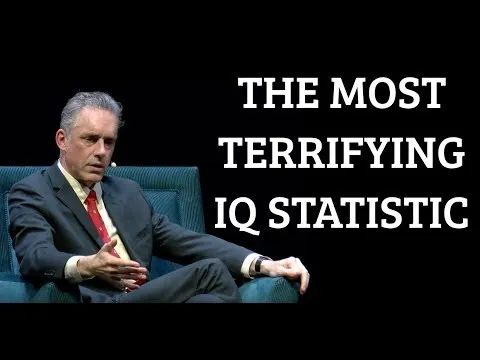...however, you are free to act as you wish within that framework.
Do you believe a Chess Grandmaster is "free" to move the pieces "wherever they want"?
Or are they constrained by their training and experience and their goal (desire) of winning?
And as to your second point,
There have been a large number of scientific studies attempting to increase a person's general IQ (including projects like lumosity), and although a (low or average IQ) person can generally improve performance on a specific game with practice, that improvement does not translate into increased general proficiency (they are unable to generalize their problem solving skill and apply it to other systems).
In his book, Flynn thinks it pointless to continue research on elementary cognitive tasks (e.g., reaction time tests, such as with Jensen’s “button box”). But such tests may provide our first opportunity to measure g in absolute terms (on a ratio scale; Jensen, 2005). Performance on reaction time tests is scored in milliseconds. Unlike IQ scores, time has a zero point and equal-size units. Ratio-level measurement would finally allow us to chart patterns and rates of cognitive growth and decline over the life course as well as over decades. The Flynn Effect might have been explained long ago had we historical data of this sort. *

RE: Critique of Critique